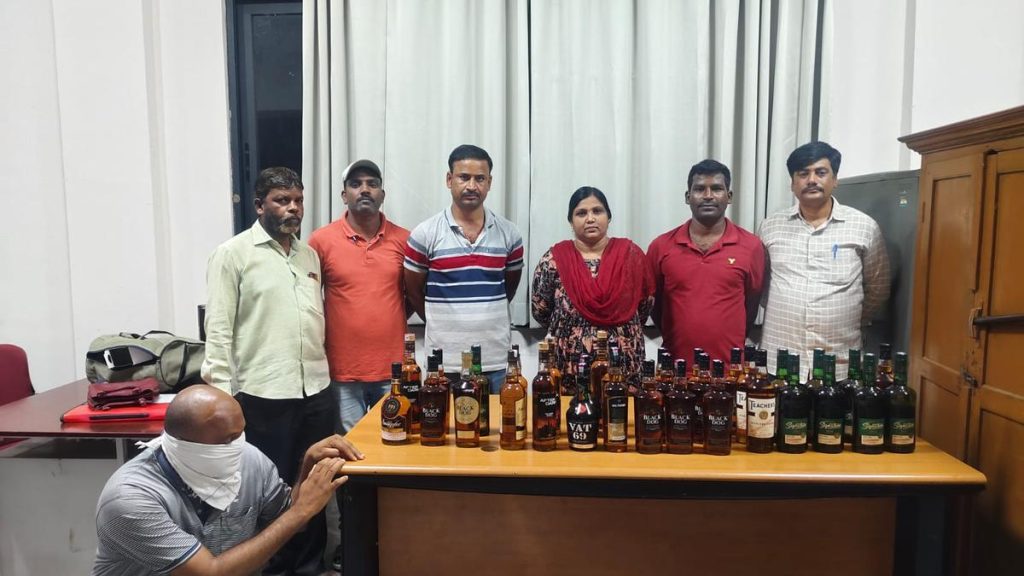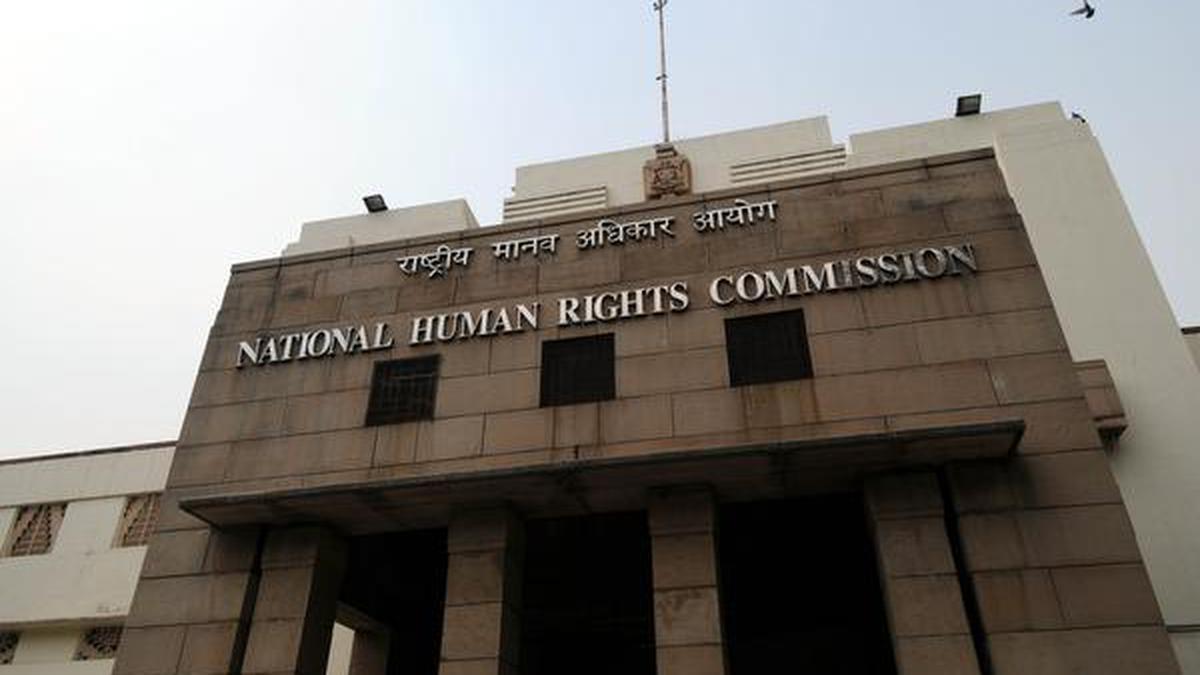Now Reading: New Book Explores Judicial Impeachment and Ex-Calcutta HC Judge Soumitra Sen’s ‘Corruption’ Case
-
01
New Book Explores Judicial Impeachment and Ex-Calcutta HC Judge Soumitra Sen’s ‘Corruption’ Case
New Book Explores Judicial Impeachment and Ex-Calcutta HC Judge Soumitra Sen’s ‘Corruption’ Case
Quick Summary
- Book Launch: Journalist-turned-author kanchan Chakraborty released his book,Justice Denied Justice Lost,in Kolkata on August 13,2025.The book delves into judicial controversies surrounding alleged corruption by judges in India.
- Focus of the Book: The book examines the impeachment motion against former Calcutta High Court judge Soumitra Sen and critiques the Supreme Court’s ‘in-house procedure’ for dealing with complaints against sitting judges.
- Background on Justice Sen Case:
– Accused of misappropriating ₹33.2 lakhs as a court-appointed receiver while still an advocate.
– Exonerated by a Division Bench of the Calcutta High Court in 2007, but found guilty by the Supreme court’s in-house inquiry committee.
– Parliament moved to impeach him in February 2009; he chose to resign from his judicial role in 2011 before facing action from Lok sabha.
- Current Relevance: The discussion comes at a time when Allahabad High Court judge Yashwant varma faces an impeachment motion. Justice Varma was implicated after cash was recovered from his Delhi residence earlier this year.
- Debates Raised:
– Constitutionality of the Supreme Court’s ‘in-house procedure’.
– Questions over whether processes officially outlined under Articles 124 and 217 (for removal of judges) are being bypassed or undermined.
– Importance of proving ownership of evidence and ensuring fair trials during impeachment attempts.
Indian Opinion Analysis
The launch of Justice Denied justice Lost highlights long-standing debates about judicial accountability versus constitutional checks and balances governing impeachment. Author Kanchan Chakraborty underscores discrepancies arising from overlapping verdicts-such as exoneration by one legal body yet indictment by another-as seen with former judge Soumitra Sen’s case. This brings into focus key issues like procedural fairness, consistency in adjudicating allegations, and safeguarding judicial autonomy while addressing public doubts regarding transparency.
In light of similar discussions surrounding Justice Yashwant Varma’s current controversy, it is indeed imperative for constitutional institutions to thoroughly evaluate these mechanisms. While preliminary fact-finding inquiries serve their purpose within internal frameworks like the Supreme Court’s ‘in-house procedure,’ final authority constitutionally rests with Parliament-a process designed to ensure legitimacy through broader democratic oversight. Ensuring alignment between these procedures remains critical for maintaining public trust in India’s judiciary system over contentious issues such as corruption charges against sitting judges.
Read more here.
























